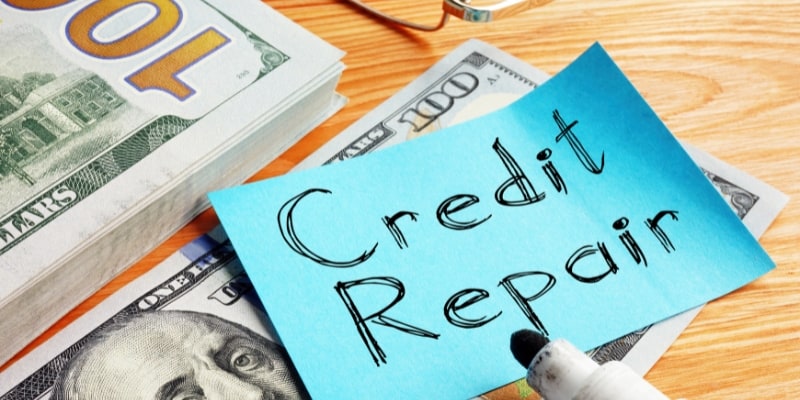Your credit score significantly influences your financial opportunities, from securing loans to obtaining favorable interest rates. If you’ve faced financial challenges, you might wonder how to effectively address credit repair. Improving your credit score is achievable and within your control. This detailed guide will walk you through the essential steps to repair your credit and set you on the road to financial health. You’ll learn how to assess your credit report, rectify inaccuracies, adopt habits that boost your credit score, rebuild your credit history, and avoid potential scams. By following these steps, you can take meaningful actions to enhance your credit score and secure your financial future.
Start by obtaining your annual free credit report from Equifax, Experian, and TransUnion. Once you have your reports, review them meticulously. Look for common mistakes like incorrect personal details, duplicated accounts, or wrongly reported late payments. Identifying these errors is crucial. An accurate credit report is the foundation of effective credit repair. If you find inaccuracies, make a note of each one for the next step, which involves disputing these errors with the credit bureaus. Keeping your credit report free of errors is essential for an accurate credit score.
Once you’ve identified mistakes on your credit report, take immediate steps to correct them. Start by drafting a dispute letter to the credit bureau, outlining each error and including any supporting documents. The bureau is required to investigate your claim within 30 days. Ensure you keep a copy of all correspondence and records of your interactions. After the investigation, the credit bureau will send you the results in writing. If the error is corrected, request an updated copy of your credit report. Additionally, notify the creditor responsible for the incorrect information to ensure they have rectified their records as well. Keeping a well-organized file of all your dispute efforts will help you stay on top of the process.
Paying your bills on time is one of the most effective techniques to improve your credit score. Setting up reminders or automatic payments can help ensure you never miss a due date. Another strategy is to reduce your credit card balances. High credit utilization can negatively impact your score, so aim to keep your balances below 30% of your total credit limit. Consider spreading out your expenses across multiple cards if necessary. Additionally, avoid opening too many new accounts in a short period, as each inquiry can temporarily lower your score. Responsible credit management and keeping old accounts open can help build a strong credit history over time.
If your credit history needs rebuilding, consider using secured credit cards. These cards require a deposit that serves as your credit limit, helping you establish a history of responsible credit use. Another option is becoming an authorized user on someone else’s credit account, allowing you to benefit from their positive credit history, which can, in turn, help boost your own credit score. Additionally, look into credit-builder loans, designed to improve your credit by requiring regular payments that are reported to the credit bureaus. Managing these types of credit responsibly can help demonstrate your ability to handle credit over time. Avoid closing old accounts, as the length of your credit history also affects your score. Instead, focus on keeping these accounts active and in good standing. By strategically using these methods, you can rebuild your credit history and set a foundation for future financial stability.



